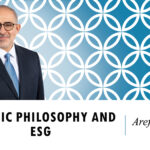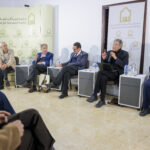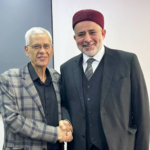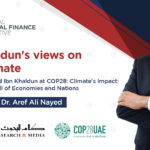The Analytic Method Working Group is part of the Islamic Analytic Theology Initiative (IAT): Building Foundational Analytic Resources, Phase 1, a joint project between Kalam Research and Media, the John Templeton Foundation, and other supporting institutions. The aim of the working group is to explore methodological resources for the revitalization of a living Islamic Analytic Theological tradition capable of engaging the range of epistemological, moral, and sociological problems facing contemporary Muslim societies.
The first meeting of the Analytic Method Working Group took place 3–4 May, 2014 in Dubai. Under the project leadership of Sohail Nakhooda, six scholars from a variety of fields met for two days of intense and enlightening discussion of unique intellectual issues facing Muslims today, and the variety of historical and contemporary methodological tools available for meeting those urgent challenges. The participants included the working group coordinator, M. Sait Ozervarli (Yildiz Technical University, Turkey), along with Ahmed Abdel Meguid (Syracuse University, USA), Farid Alatas (National University of Singapore), Afifi al-Aqiti (Oxford University, UK), Islam Dayeh (Free University, Germany), and Edward Moad (Qatar University).
The meeting generated rich discussion and insights ranging from historical methods of demonstration and argument in Islamic theology and jurisprudence and conceptualizations of the relationship between theology and philosophy in the work of historical luminaries like al-Juwayni, al-Ghazali, Ibn Sina, and Ibn Rushd; to general reflections on the unique nature of contemporary theological problems and the integration of modern methods toward the development of an Islamic social theology. This first step in the ongoing project was particularly successful in that we saw a coherent and sophisticated consensus emerge—from the diversity of expertise and contribution of the participants—as to the nature of the contemporary challenges facing Muslim hearts and minds, and the important tasks that lie ahead for any revived Islamic theological discourse in meeting them. We look forward to future collaboration that will be of benefit to Muslims and to humanity at large.






